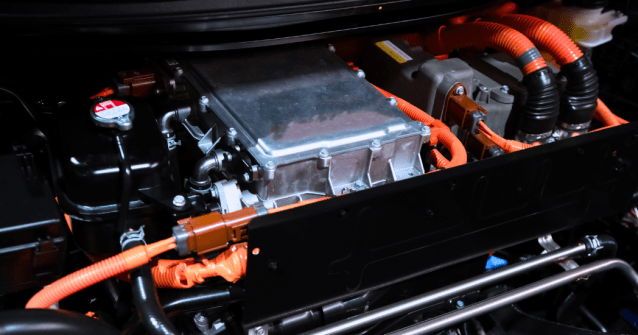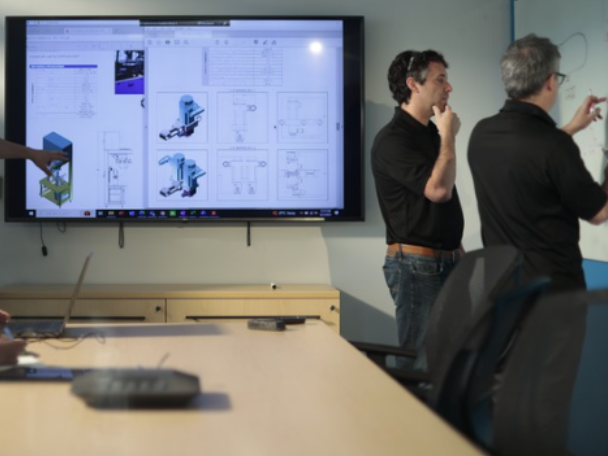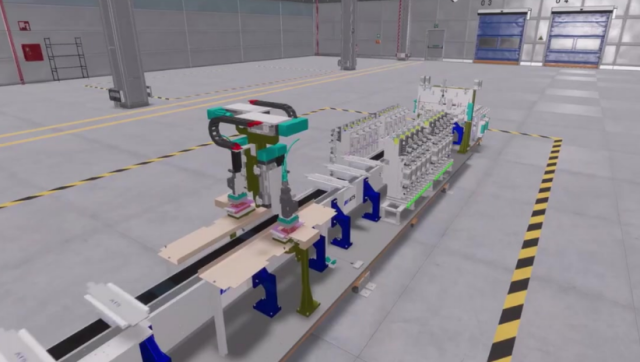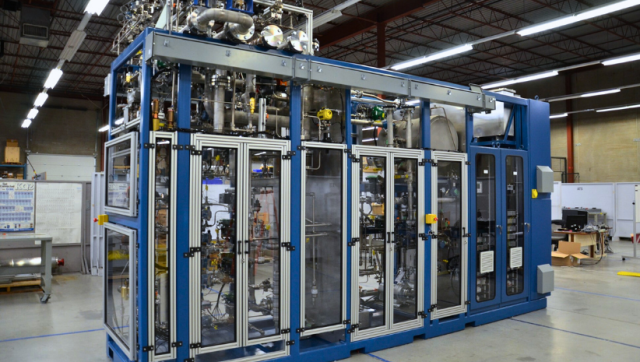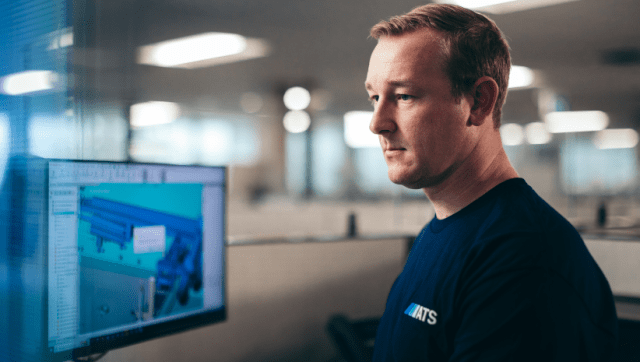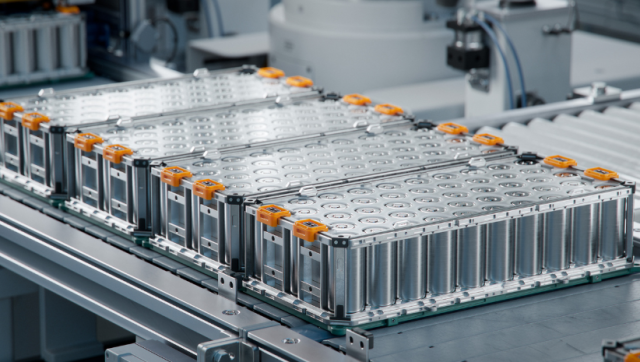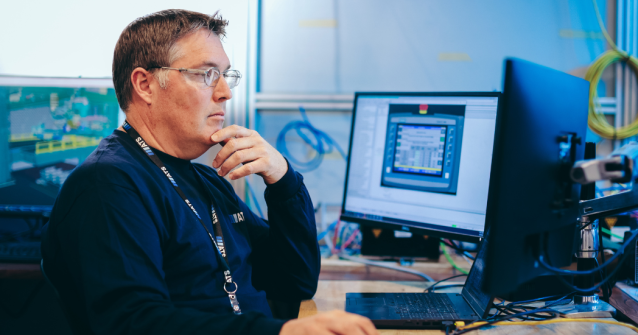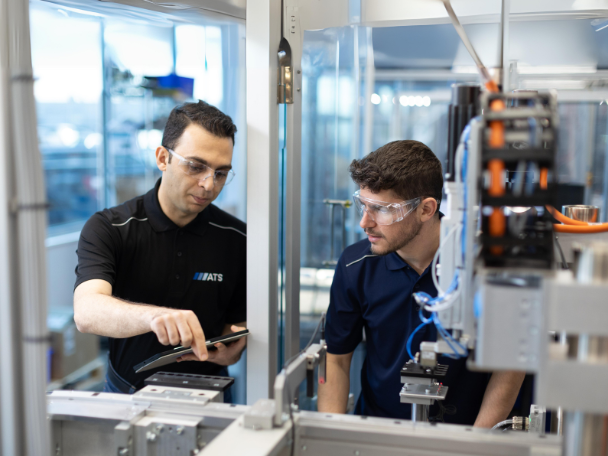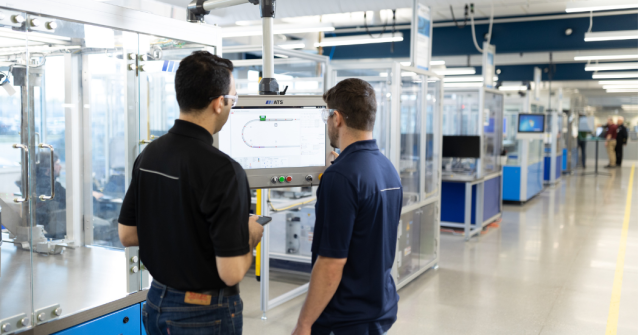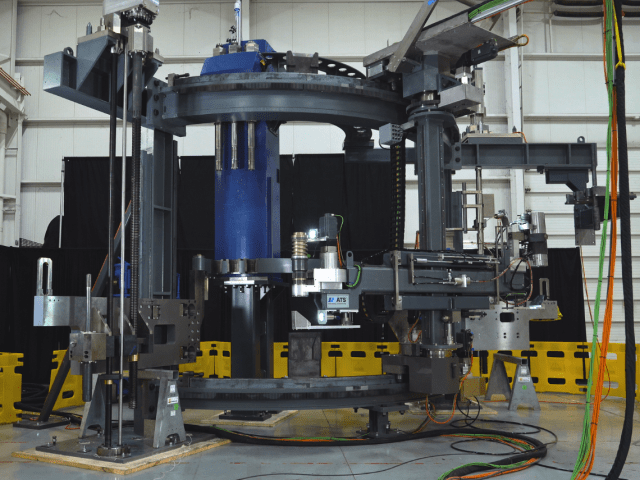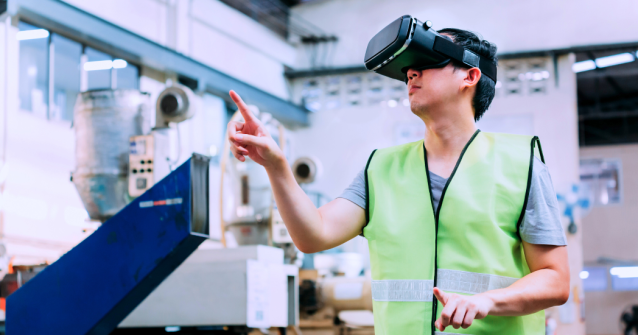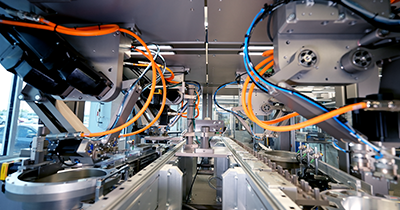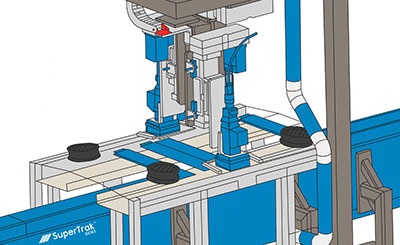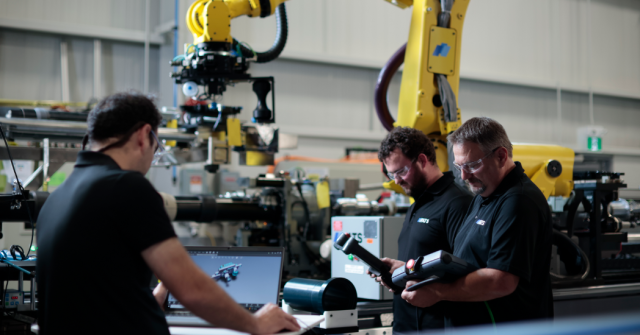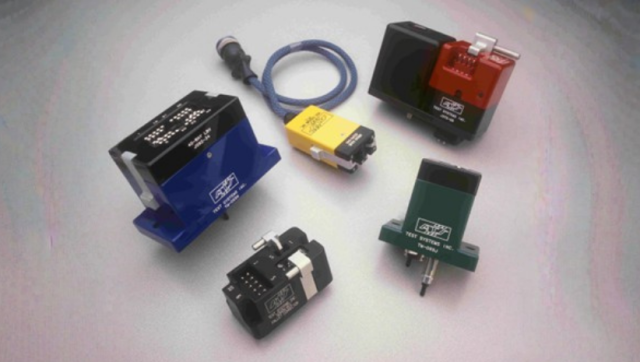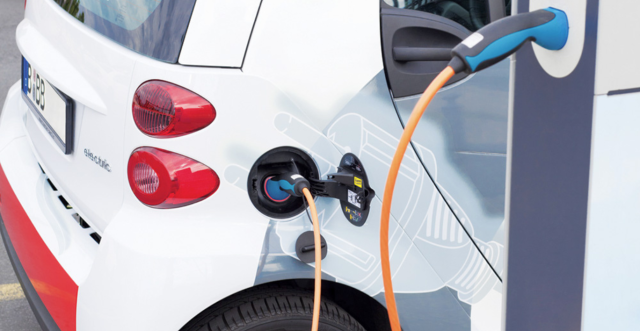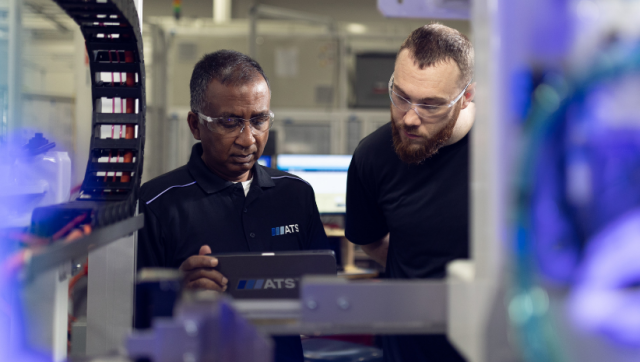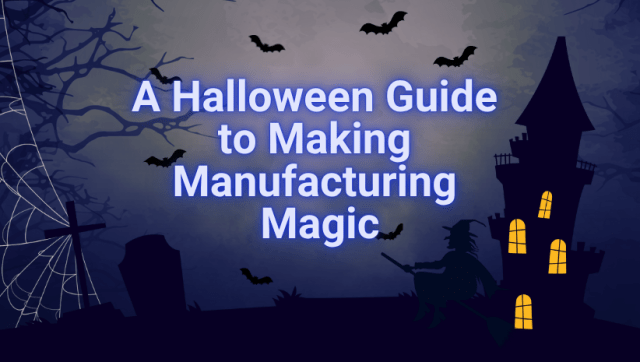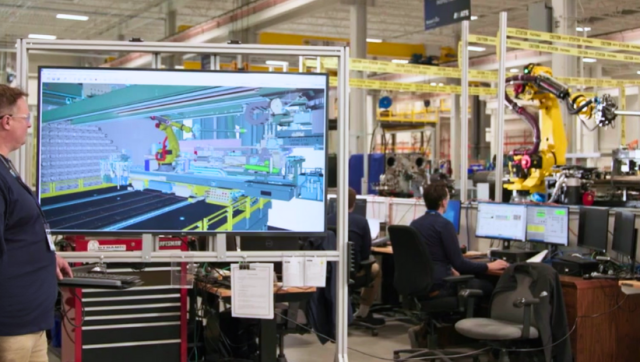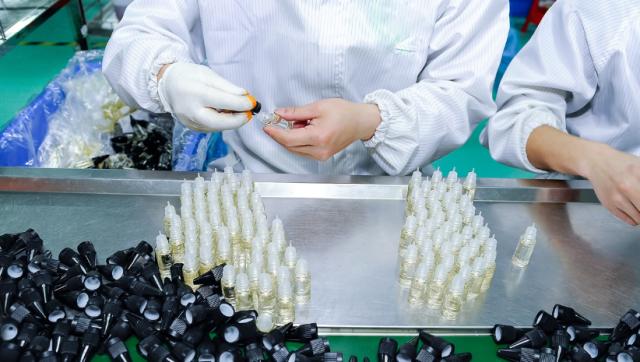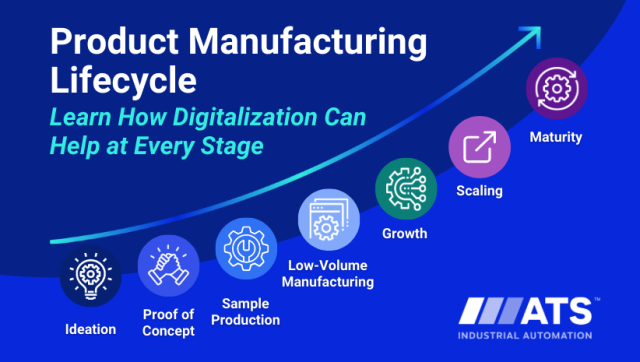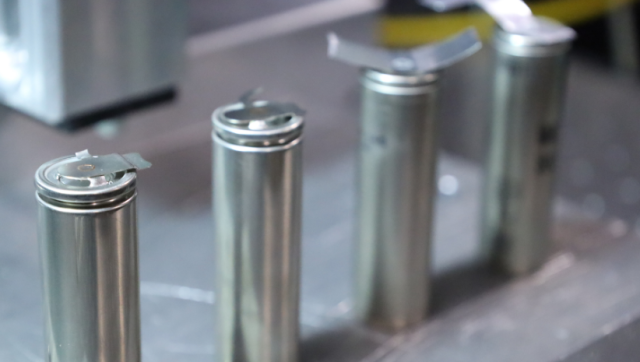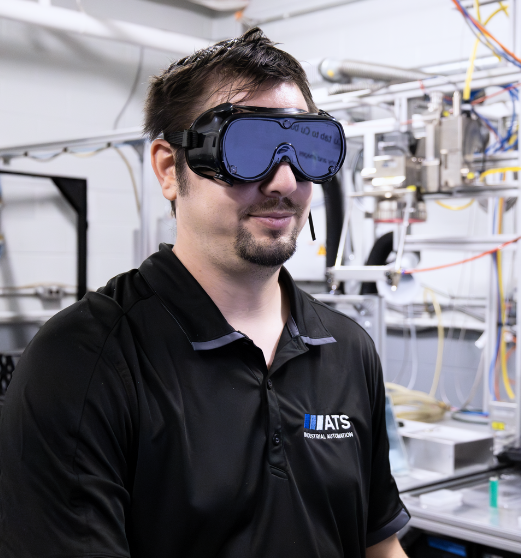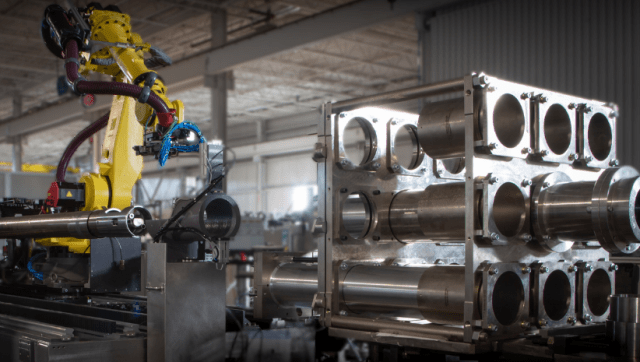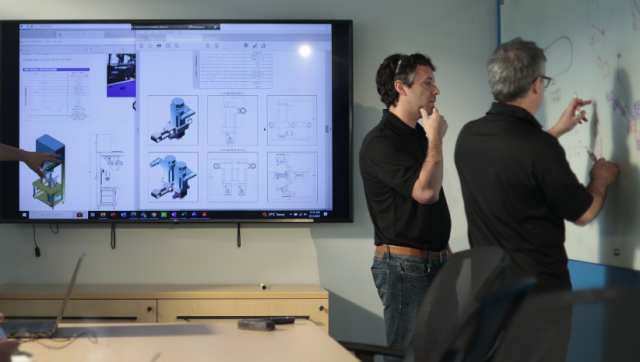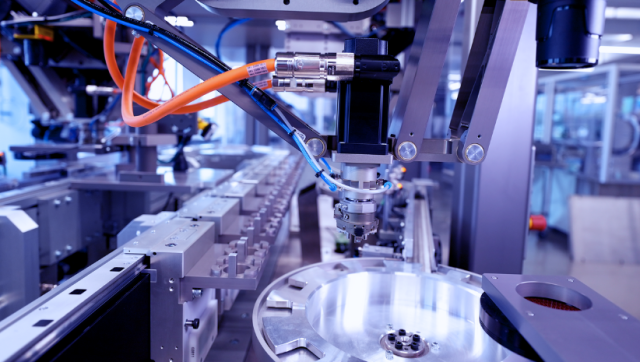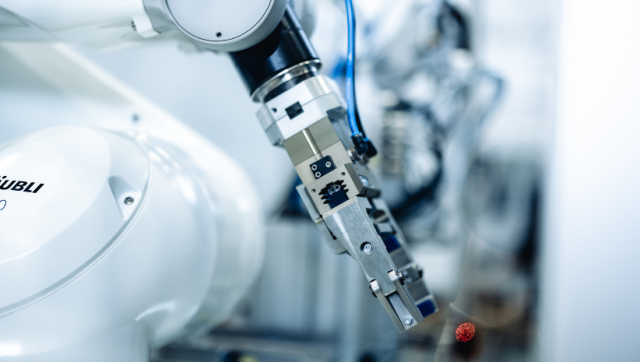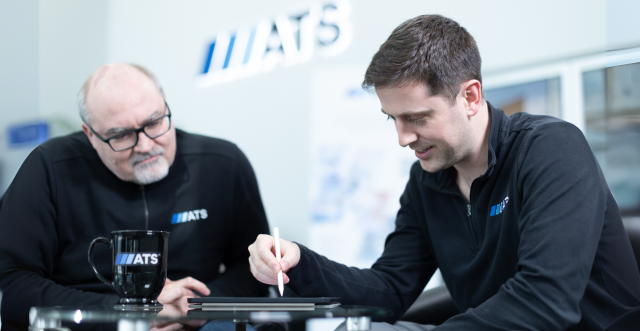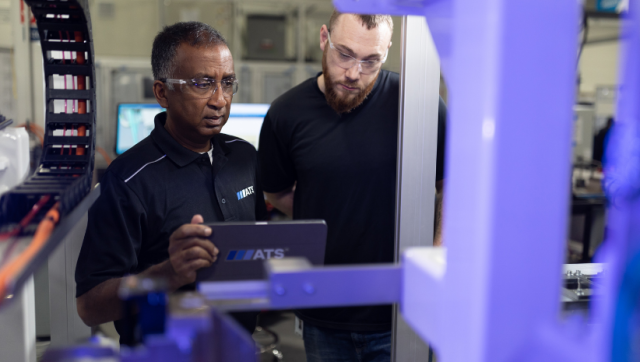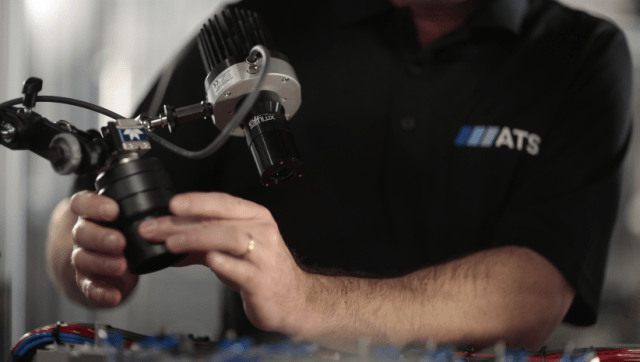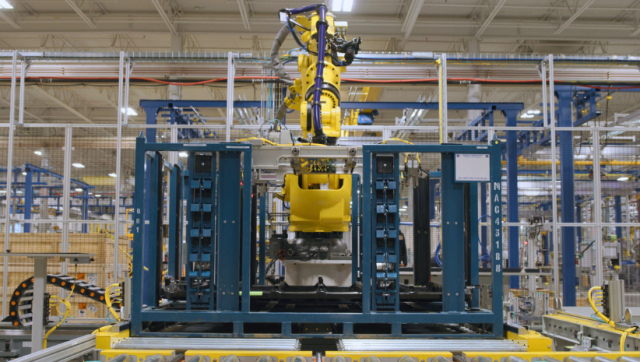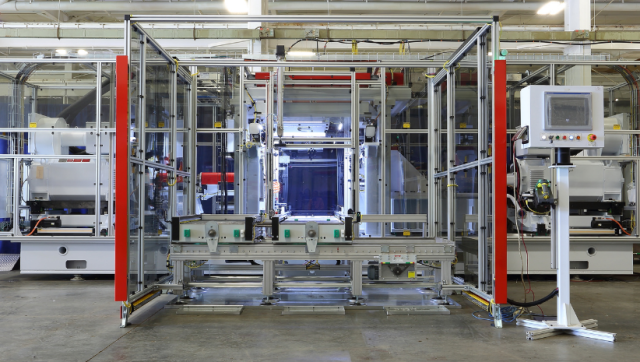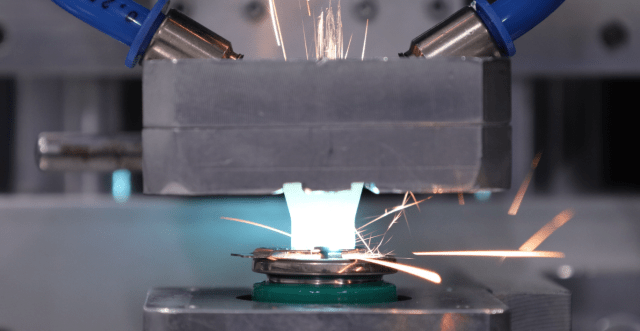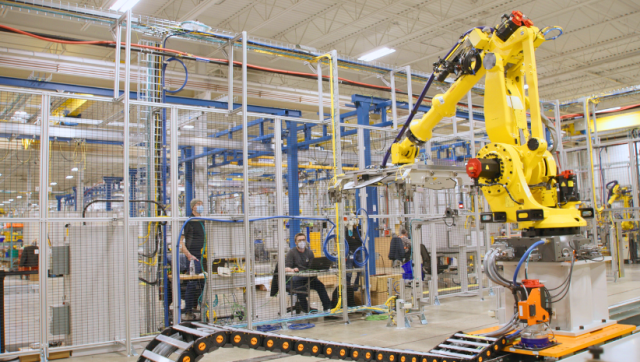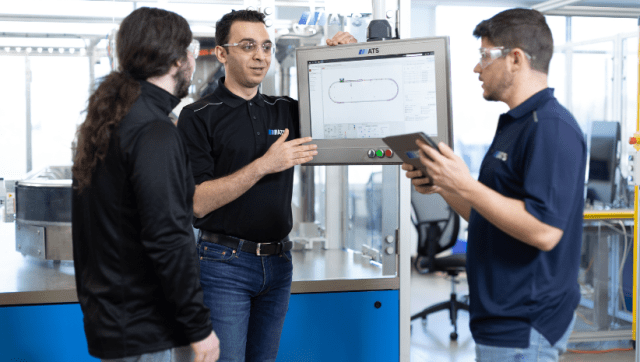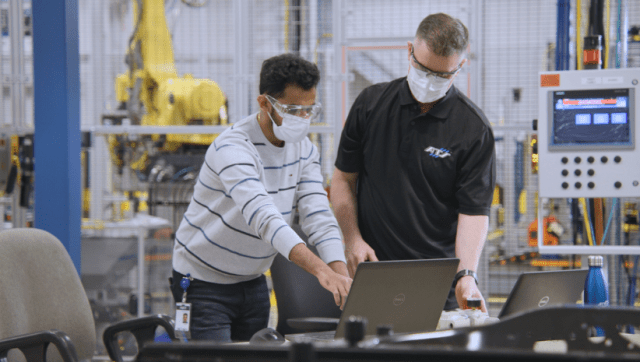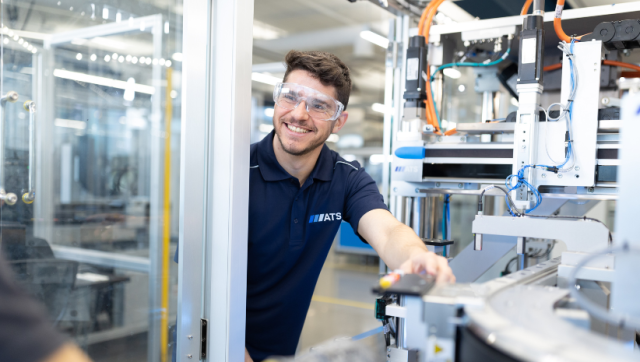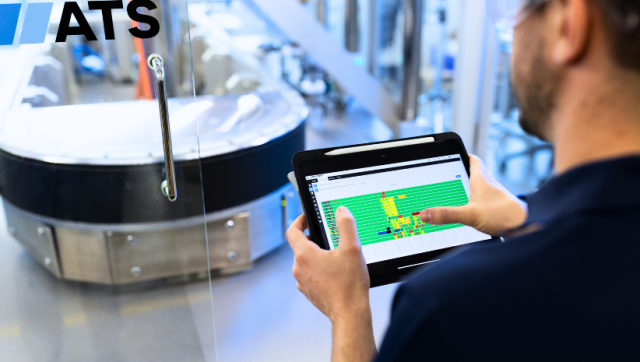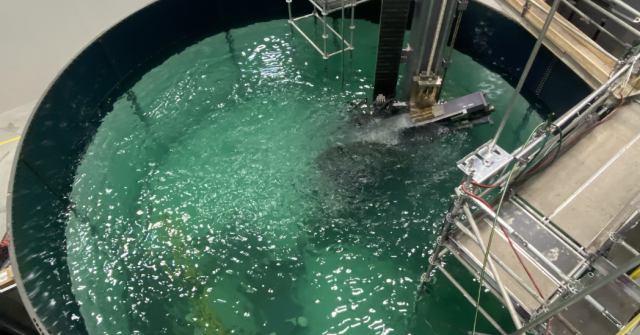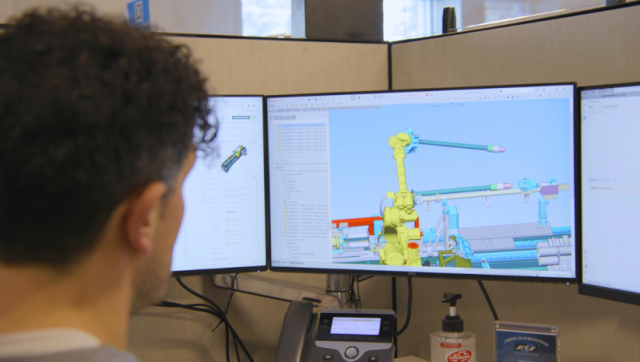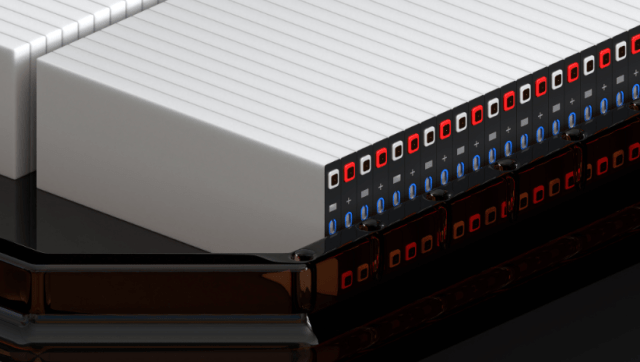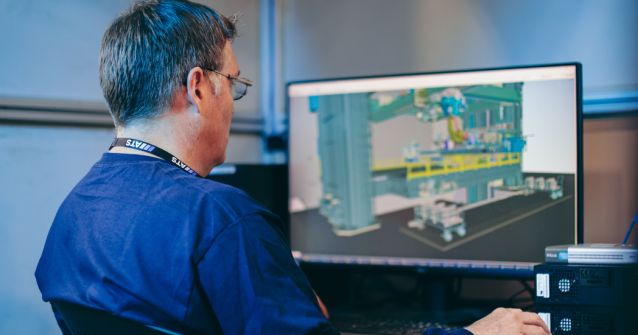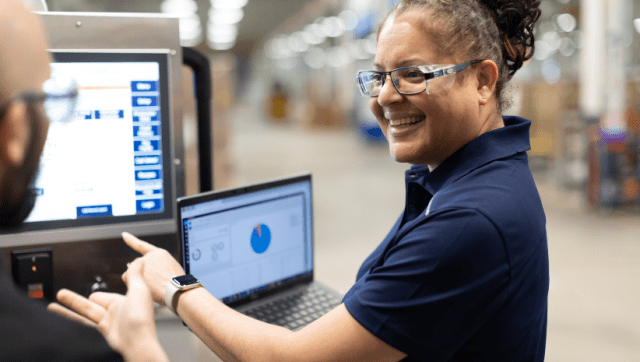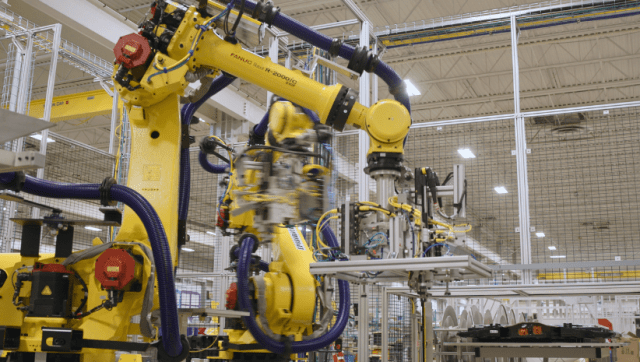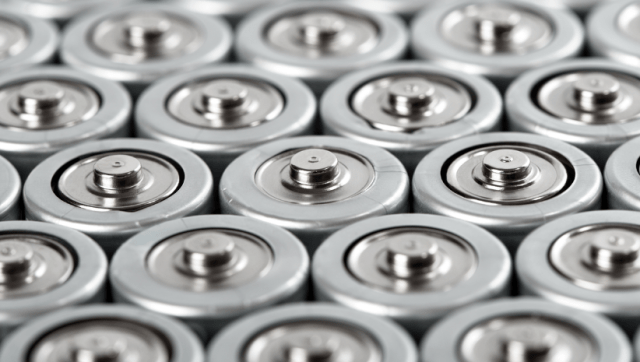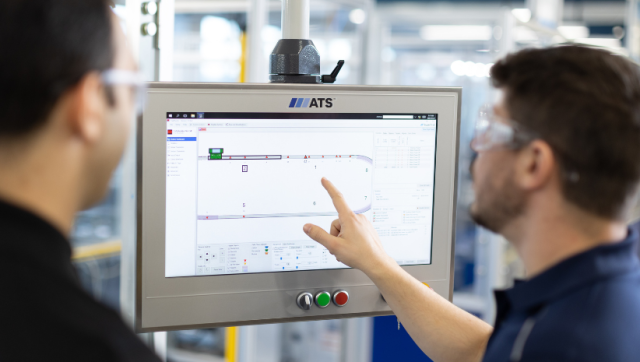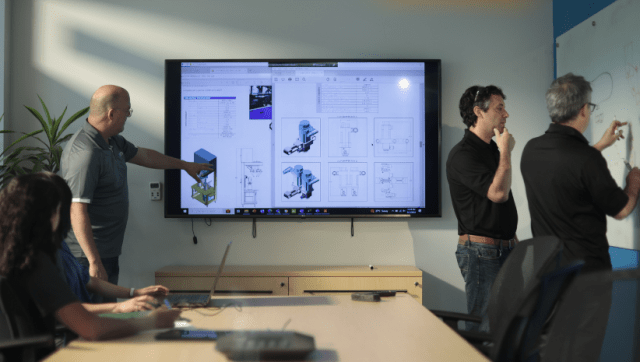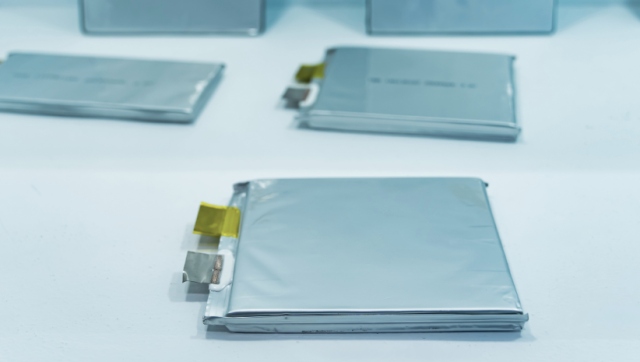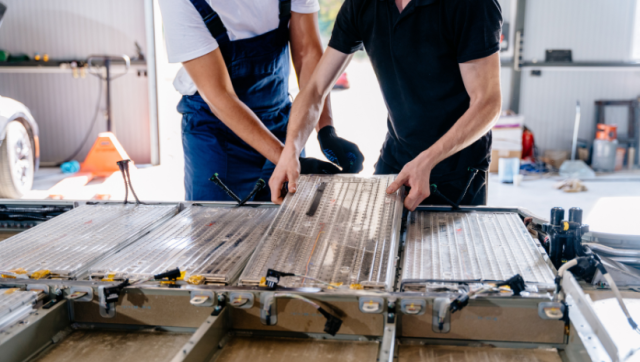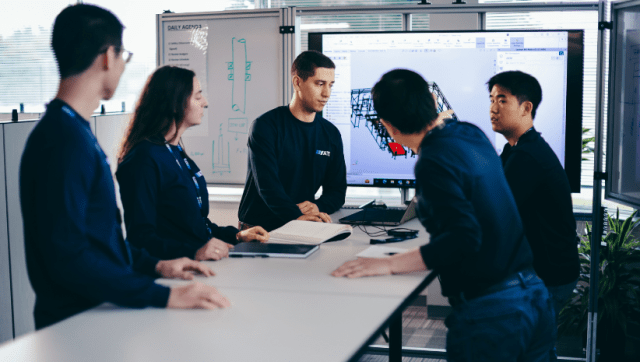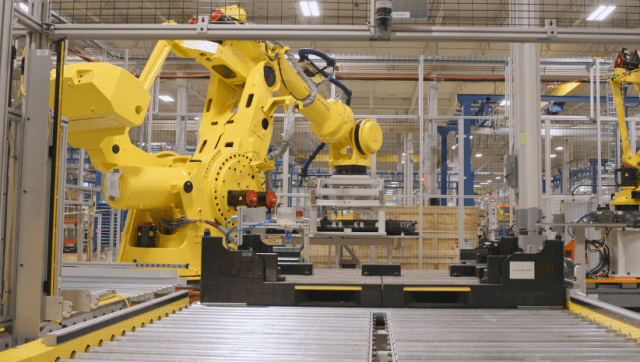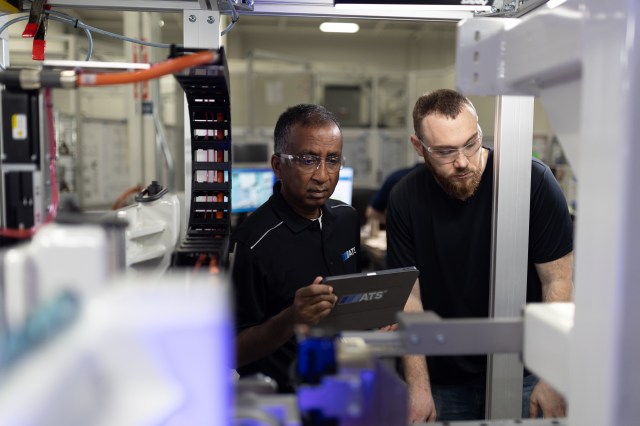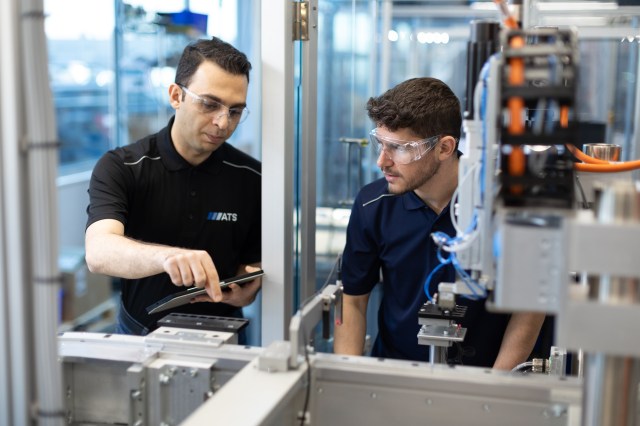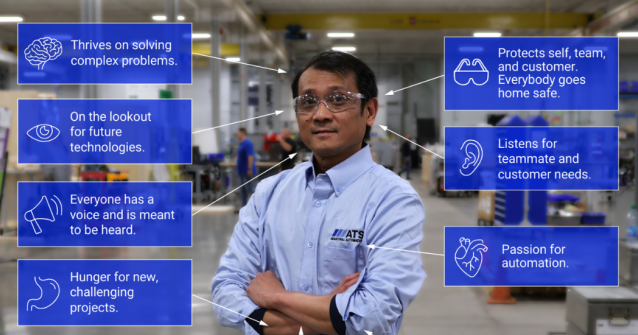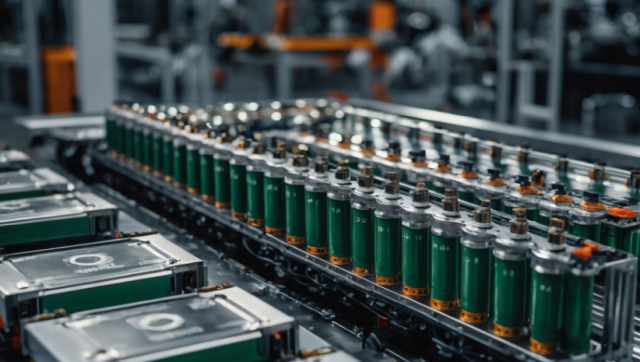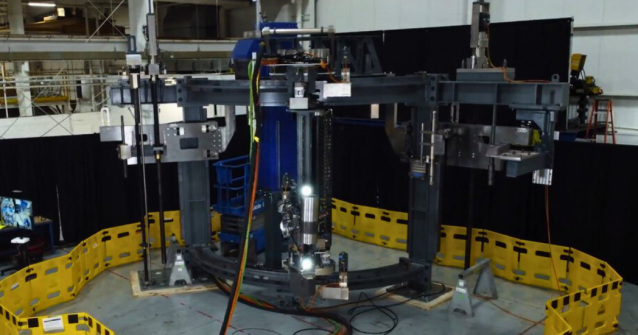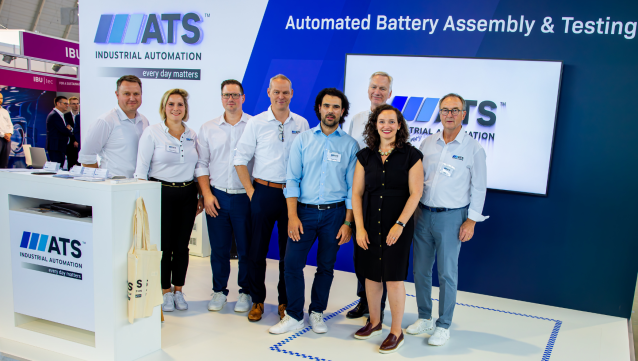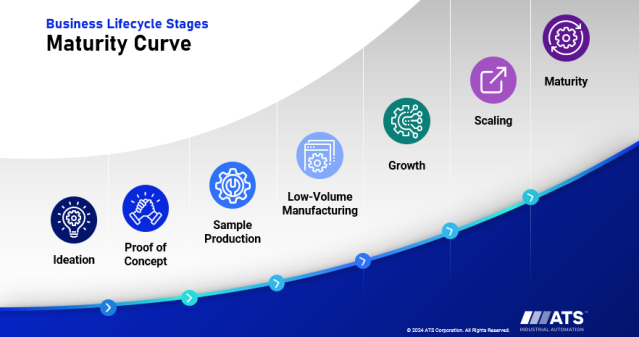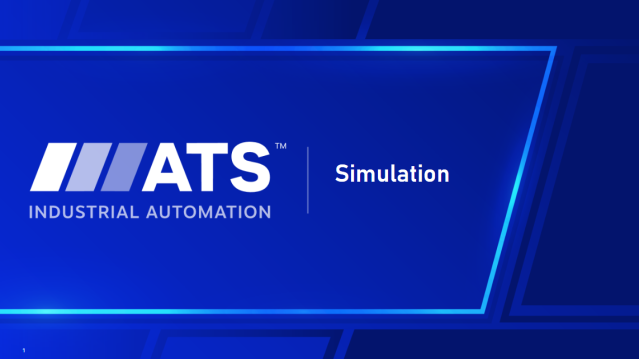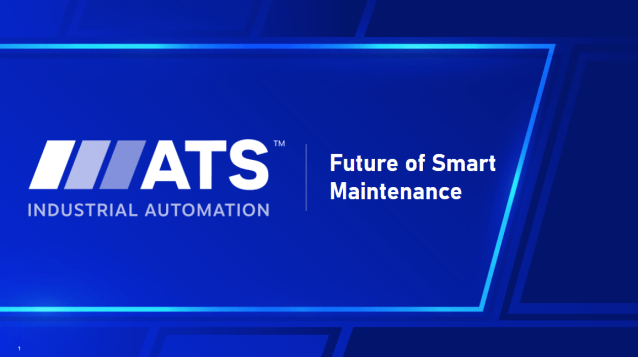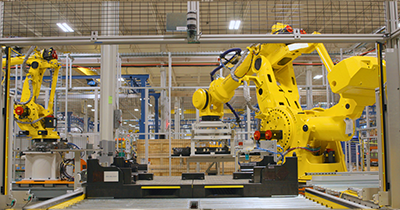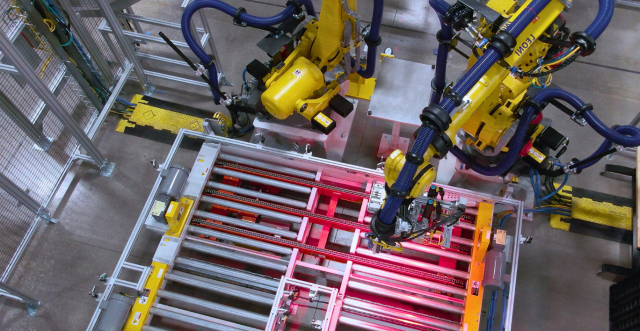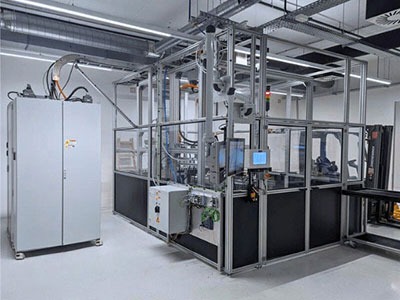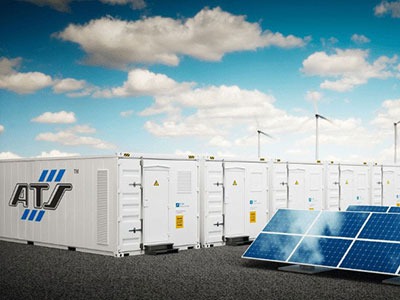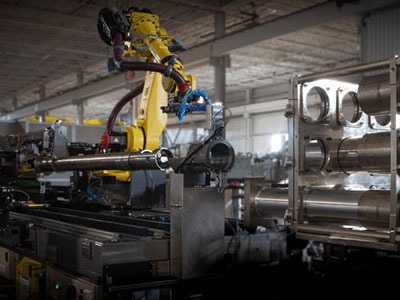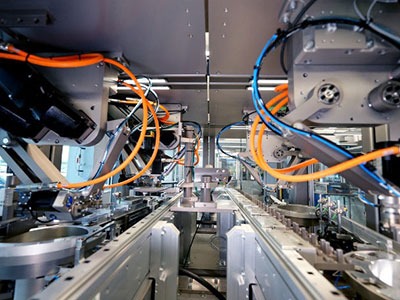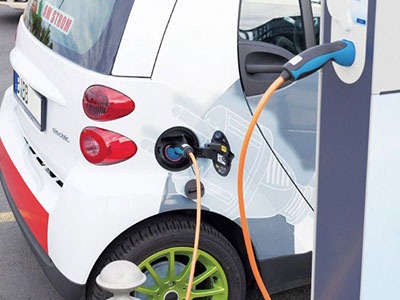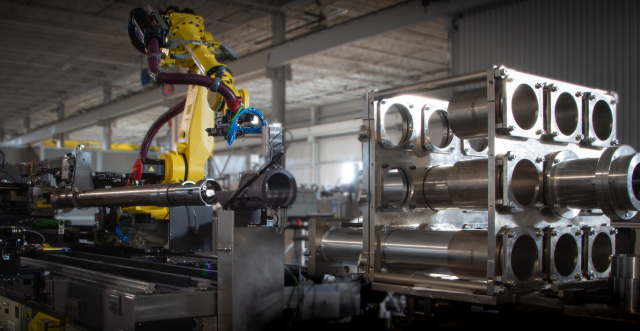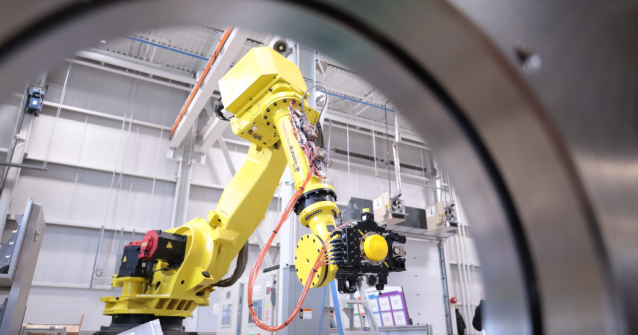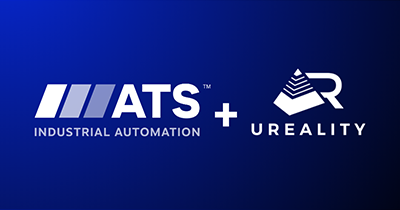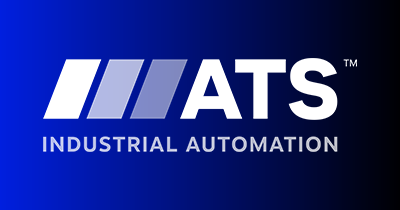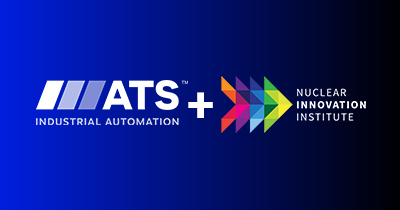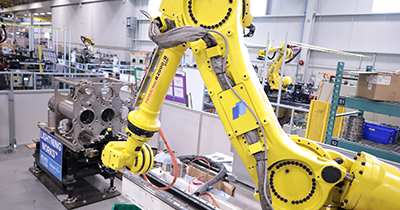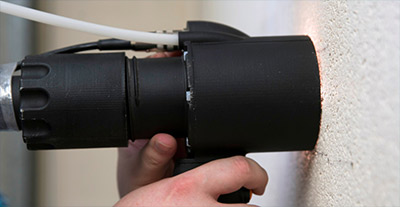The cannabis industry is on a steep upward trajectory. In 2024, the U.S. cannabis market was valued at $38 billion, with projections reaching $57 billion by 2028. Legalization continues to expand, with 39 states permitting medical use and 24 allowing recreational use. As federal regulation looms, manufacturers must prepare for a future where cross-state commerce becomes standard. Consumer expectations for consistency, safety, and innovation are also rising. These changes will demand higher production volumes and tighter control over quality, labeling compliance, and scalability.
Without automation, manufacturers will struggle to maintain quality, manage labor costs, and adapt to shifting regulations. As the industry moves closer to the standards seen in pharmaceuticals and consumer packaged goods, automation is no longer a luxury—it’s a necessity.
Manual Labor: The Hidden Cost of Cannabis Manufacturing
Despite the industry’s rapid expansion, many manufacturers remain heavily dependent on manual labor across nearly every stage of cannabis production. This reliance introduces a host of operational challenges that threaten growth, consistency, and profitability.
The cannabis sector faces high turnover rates, and the physical demands of tasks, like pre-roll assembly, often lead to fatigue, and downtime. Manual processes are also variable. For example cutting infused gummies by hand can result in inconsistent dosing, risking batch rejections and non-compliance.
With changing regulations come higher standards. This is why cannabis manufacturers must invest in automation technologies that support precision, repeatability, and traceability. Technologies like SuperTrak CONVEYANCE™, automated filling systems or packaging systems such JuanaPack™ can handle high-volume operations with minimal intervention. Meanwhile, virtual reality training offers immersive instruction that improves consistency. Additionally, system twins and virtual commissioning can identify and resolve safety and production risks before implementation.
Scaling Cannabis Manufacturing: Why Cost Efficiency is Harder Than it Looks
Scaling cannabis operations is a complex challenge. Manual or semi-manual environments may meet monthly production volumes between 50,000 and 100,000 units. But as demand pushes above these volumes, toward half a million units or more, a manual approach becomes more limited:
- Floor space constraints: Manual operations require more room, increasing overhead and restricting throughput.
- Labor inefficiencies: Managing a large workforce introduces burnout and rising costs, especially when trying to run 24/7 operations.
- Quality control: As volumes increase, maintaining consistency is harder without automation.
- Production flexibility: Innovation in cannabis formats, including pre-rolls and beverages, demands equipment that can adapt to changing SKUs and demand.
- Contamination: The industry is moving toward stricter standards, driving the need to minimize allergens or foreign materials entering the production stream.
Addressing these challenges requires a phased automation strategy, developed in collaboration with experienced automation providers such as ATS Industrial Automation along with strategic technology partners like Paxiom, to design and deploy semi- and fully automated assembly lines aligned with manufacturing objectives and capital planning.
Preparing for Continuous Cannabis Production
Scaling high-speed assembly and 24/7 manufacturing isn’t just about increasing output—it’s about building a resilient operation. Companies that fail to plan for continuous production may be unable to meet market demand, especially for high-volume SKUs like vape products and edibles.
The ability to retool and scale quickly is essential as the industry continues to see rapid changes. By simulating throughput, validating process reliability, and identifying bottlenecks before they occur, Illuminate™ Manufacturing Intelligence helps manufacturers operate with confidence. While technologies like SuperTrak CONVEYANCE™ enable high-speed, compact production lines that reduce footprint while increasing throughput. Whereas JuanaRoll-1 is specifically designed to accurately weigh, fill, compact, tamp, twist and trim pre-rolls helping to improve product consistency and quality. It’s especially useful in cannabis manufacturing, where variability in products and regulatory constraints demand precision.
Future-Proofing Cannabis Product Manufacturing
While the cannabis industry is not currently regulated by the U.S. Food and Drug Administration (FDA) or global manufacturing standards, that reality is expected to change. States like California, Oregon, and Michigan among others are already introducing stricter guidelines around packaging, labeling, and product traceability. Federal regulation will likely mirror standards seen in the pharmaceutical and consumer goods industries.
Another pressing consideration is child-resistant packaging. Many states are enforcing designs that prevent accidental ingestion. Manufacturers producing capsules, pills, and edibles can look to life sciences and over-the-counter (OTC) packaging—like safety locks on acetaminophen bottles—as models for future compliance. Similarly, serialization at the individual product level is emerging as a likely requirement, from production to point of sale.
Designing for Flexibility and Compliance
Cannabis manufacturers must evaluate current processes and equipment with adaptability in mind. The ability to update labeling, modify packaging formats, and integrate traceability features will be critical. Fixed or rigid equipment could become obsolete as regulations or consumer demands shift.
Key considerations include:
- Modular equipment designs that allow for quick format changes.
- Labeling systems that support dynamic updates for compliance and branding.
- Vision systems and digital twins that enable real-time quality control.
- Design for manufacturability and assembly (DFMA) principles that anticipate regulatory constraints and streamline automation readiness.
Manufacturers should consider pre-automation services, such as proof of principle studies and process simulations, to validate that their systems can meet future regulatory demands. These proactive methods help teams align current operations with anticipated compliance and growth needs.
Planning for Automation Early
Automation may feel like a distant consideration—something reserved for large-scale operations or future expansion. The reality? Automation is a strategic tool that can help manufacturers of all sizes scale efficiently and reduce costs.
One of the most common concerns for manufacturing leaders is upfront investment. But delaying automation can lead to higher long-term costs. As the industry becomes more competitive, companies that haven’t planned for automation may struggle to keep up with those that have embraced it.
By starting the conversation early with an experienced automation partner, manufacturers can make informed decisions, reduce risk, and position themselves for long-term success.
Frequently Asked Questions: Automation in Cannabis Manufacturing
Q1: Is automation only for large-scale cannabis producers?
While automation is essential for high-volume production, it can also benefit small- and mid-sized manufacturers. Automation can help teams improve consistency, reduce labor dependency, and prepare for future growth—even in phases.
Q2: What if we’re not ready to automate our entire process?
Automation can be introduced gradually. Through pre-automation services, manufacturers can identify the processes best suited for automation now and ones that can be addressed later.
Q3: How do we plan for regulations that aren’t defined yet?
Automation supports consistency, traceability, and scalability—three pillars of regulatory readiness. Manufacturers must consider modular equipment that can meet tighter tolerances. Planning for flexibility now helps avoid costly retrofits later.
Q4: What should we look for in an automation partner?
Choose a partner with experience in cannabis and adjacent industries including life sciences and consumer goods. Look for full-service support—including pre-automation consulting, equipment design, and after-sales service.
Q5: How long does it take to implement an automation solution?
Timelines vary depending on the solution’s complexity and the manufacturer’s goals. On average, a full automation program can take 9 to 12 months. It’s important to start planning early, before the need becomes urgent.
Q6: What if we don’t have the budget for automation right now?
Delaying automation can lead to higher costs down the road due to labor inefficiencies, quality issues, and missed market opportunities. A roadmap allows manufacturers to spread investment over time and align equipment with growth milestones.
Choosing the Right Automation Partner for Cannabis Manufacturing
From changing state regulations to increased competition, cannabis manufacturers face challenges that traditional manufacturers don’t. An automation provider that understands the industry, offers flexible solutions, and delivers long-term support is key to creating a thriving operation.
With decades of experience in consumer goods, packaging, and highly regulated industries including life sciences, ATS Industrial Automation offers a consultative, full-service approach. Through pre-automation services like design for manufacturability and process simulations, ATS collaborates with manufacturers to help them plan for sustainable growth.
Ready to explore automation for your cannabis production? Contact us to start building your roadmap today.
Every cannabis manufacturing project is unique. Allow us to listen to your challenges and share how automation can launch your project on time.

Mohammed Rubaye
Vice President, Sales
ATS Industrial Automation
Mohammed Rubaye brings over 14 years of experience in automation across engineering, execution, and sales. As Vice President of Sales for ATS Industrial Automation, he leads the global manufacturing solutions sales team, helping customers configure scalable solutions that drive performance and efficiency.



